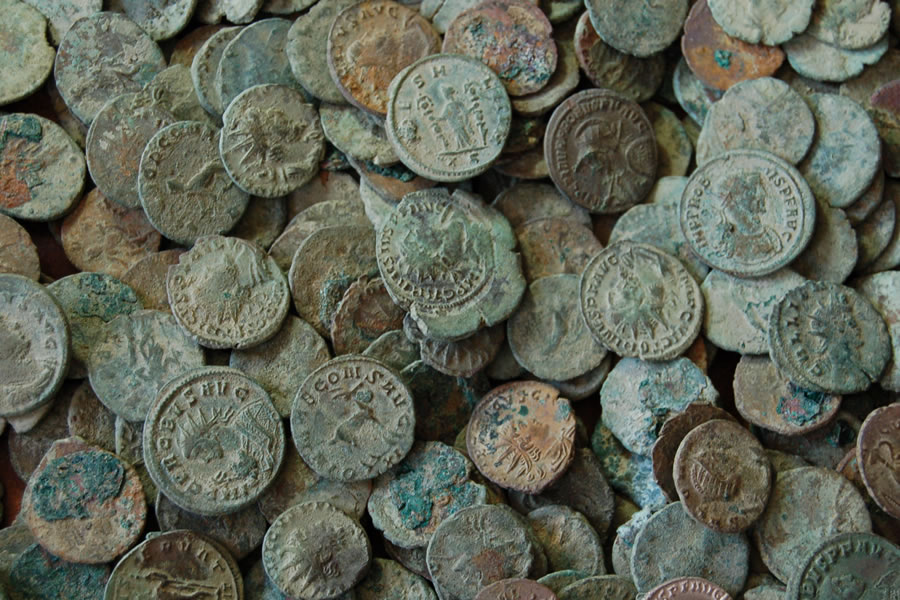
The Rich Fool
08-04-2019Weekly ReflectionGreed can spring from lack of love, and many people try to fill that void with property and celebrity. Look around you, there is ample evidence of this on every side. However, Ecclesiastes gives bad news to those who base their hopes on the perishable wealth and goods of this world, offering us a stark message: vanity of vanities, all is vanity! That all of human life is ultimately meaningless if viewed in itself, apart from God.
Today's readings talk about the futility of the greedy acquisition of wealth and power because everything and everyone is “here today and gone tomorrow.” Hence, the meaning of life cannot be found in selfishly hoarding wealth and possessions, but only in sharing these with the needy.
The first reading, taken from Ecclesiastes, reminds us that the greedy acquisition and hoarding of material wealth is useless because when the hoarder dies, he goes to eternity empty-handed, and his heir gains, and perhaps squanders, his riches. In the Responsorial Psalm (Ps 90), the Psalmist challenges us to listen to God and allow Him to soften our hearts that we may share our blessings with others. The Psalm Response urges, “If today you hear his voice, harden not your hearts” (Ps 95:8). In the second reading, Paul directs our attention to lasting, Heavenly treasures and warns that greed for wealth and influence is idolatry. Emphatically he advises, “Put to death, your parts that are earthly: immorality, impurity, passion, evil desire, and the greed that is idolatry” (Col 3:5). In today’s Gospel, Jesus, telling the parable of the foolish rich man, warns us against all types of greed, because greed takes our life’s focus away from God and away from serving and loving Him in other people. Jesus says that God calls the greedy rich man a fool because the man thought he would not die soon and that he was not accountable for the way he used his riches. Besides, the rich man forgot the fact that his wealth had been lent to him by God for sharing with the needy.
Virtue is usually midway between extremes. This also applies to our desire for money. On the one hand we have the voluntary poverty of Jesus; born in a place used to house animals; he left this world owning nothing, stripped even of his clothes before crucifixion. On the other side, we need some worldly goods, a place to live and money to live on. And there are many ways to use money responsibly. Someone rich who uses their money to provide worthwhile employment, is doing more than one who claims to believe the gospel but does nothing for the welfare of others.
BACK TO LIST